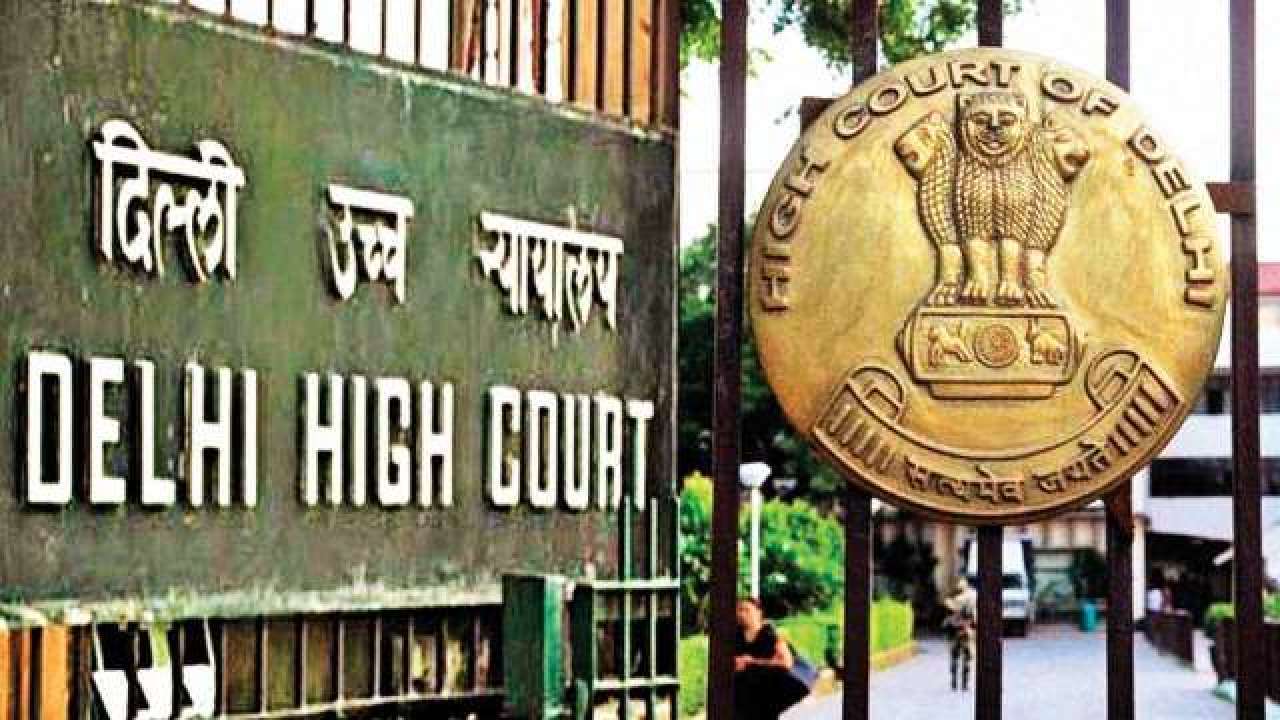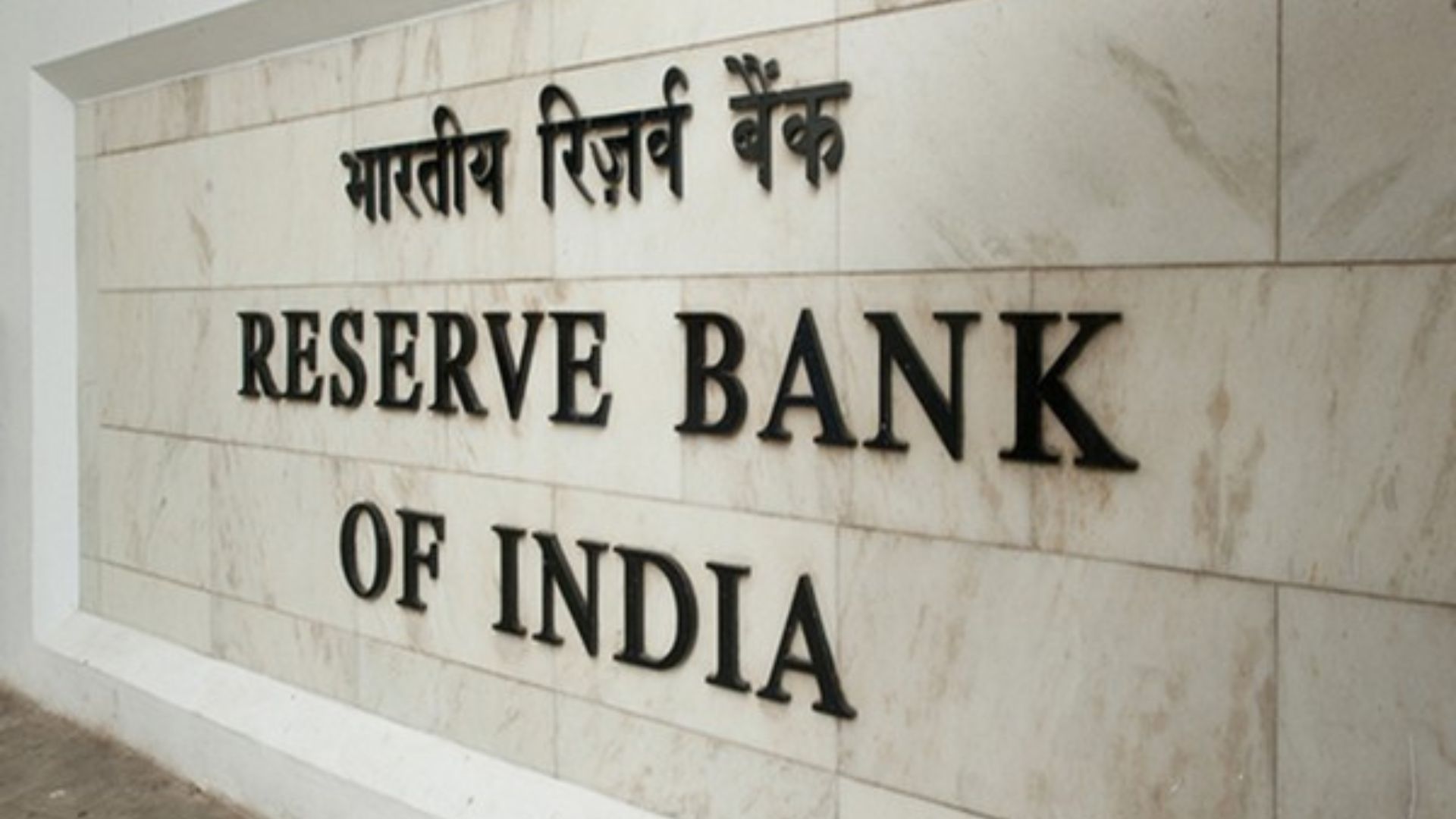While taking the right step in the right direction in the right time, the Delhi High Court has in a most learned, laudable, landmark, logical and latest judgment titled Karan S Thukral vs The District & Sessions Judge & Ors in W.P.(C) 6082/2019 and cited in Neutral Citation No.: 2024 : DHC : 132-DB that was pronounced as recently as on January 4, 2024 has addressed succinctly the issue of non-registration of interim applications in District Courts and has also gone ahead and taken the most bold initiative to issue a slew of commendable directions for the strengthening and streamlining e-filing and digitization of records. This is the crying need of the hour also. In hindsight, it must be mentioned that the Delhi High Court had issued commendable directions for the implementations of a Centralised Filing System on pilot basis in New Delhi District, which was reported to have been successfully implemented in Patiala House District Courts.
At the very outset, this brief, brilliant, bold and balanced judgment authored by Hon’ble The Acting Chief Justice Manmohan for a Division Bench of the Delhi High Court comprising of himself and Hon’ble Mr Justice Manmeet Pritam Singh Arora sets the ball in motion by first and foremost putting forth in para 1 that, “The present Public Interest Litigation (PIL) has been filed seeking the following prayers: –
I. Issue a writ of or in the nature of mandamus and/or any other appropriate writ, order or direction, directing for implementation of a uniform procedure for all miscellaneous filing including documents, applications, list of judgments etcetera during the course of a proceeding/case/trial pending before a District Court; through the filing counter/filing department/registry;
II. Issue a writ of or in the nature of mandamus and/or any other appropriate writ, order or direction, directing a complete embargo on all miscellaneous filing across the bar in the District Courts except in cases which warrant an exception to be adopted in grave facts and circumstances, or in cases where such miscellaneous filing or receiving of the documents directly by the court is provided under the law.
III. Issue a writ of or in the nature of mandamus and/or any other appropriate writ, order or direction to the respondents for providing an acknowledgement/diary number/reference number qua every filing of a case or miscellaneous filing and to maintain a proper record of the same with date and particulars.
IV. Any such further Orders/or directions may also be passed by this Hon’ble Court which are deemed necessary as per the facts and circumstances.”
Quite significantly, the Division Bench expounds in para 7 that, “In the aforesaid facts when the matter was taken up for hearing today, a supplementary status report has been filed by Respondent No. 12, High Court, during the course of the hearing, with respect to the data of files which are ready to be weeded out in the District Courts and the timeline required to carry out the same is outlined.
7.1. Upon perusal of the said report, this Court is of the considered opinion that the steps for consignment of decided cases from courts to record room requires urgent action, since in most of the District Courts the process of consignment of files of the years 2015 to 2021 is still under progress. The report shows that approximately 7,50,000 cases have been identified and are ready to be weeded out in all the District Courts. We are of the opinion that weeding out on priority will ensure creation of required physical space in court rooms as well as the record rooms. It is therefore, imperative to carry out this process in a time bound manner.
7.2. This Court has been informed that the requisite financial sanction for digitization of record has been received from GNCTD and the Centralised Computer Committee, District Courts, is in process of issuing a tender. It is further stated that in compliance of directions issued in Tarif Singh (supra) the process of amending rules has been initiated by the Rules Branch of this Court.
7.3. In case of Sarvesh vs. The Registrar General, High Court of Punjab and Haryana WP(Crl) 351/2023 order dated 06.10.2023 the bench headed by Chief Justice, Supreme Court of India has observed that the use of technology by the Bar and the Bench is no longer an option but a necessity. In the State of Delhi, post COVID-19 pandemic, the judicial eco-system has aligned towards a Hybrid Court model. The e-Courts phase-III has also emphasised on the same. In life cycle of a litigation under the ICT eco-system strengthening of e-filing and virtual hearings is cardinal and indispensable.
7.4. The issues raised in the present petition regarding non-registration of interim applications in District Courts has its roots in the issue that currently efiling is not mandatory in all Civil jurisdictions and Criminal complaint cases. In case, facility of an e-filing is made available in all the jurisdictions, the issue of non-registration of interim applications will inevitably stand addressed.
7.5. This Court vide Notification bearing No. 12/Rules/DHC and dated 22nd February, 2022, has implemented e-filing in all the jurisdictions in this (High) Court. However, in respect of District Courts only following jurisdictions were notified for mandatory e-filing:
(i) All suits and Applications relating to Commercial disputes under the Commercial Courts Act, 2015.
(ii) Complaints under section 138 of the Negotiable Instruments Act, 1881.
(iii) All Appeals and Revisions
7.6. Consequently, the practice of physical filing of pleadings, documents and interim application is still continuing in remaining jurisdictions (for instance non-commercial civil suits, family courts etc.) which are not yet notified for e-filing.
7.7. In the considered opinion of this Court, it would therefore, be in the interest of all the stakeholders that firstly, the e-filing process is made robust in the District judiciary so that parties as well as advocates can easily avail the facility of filing pleadings, documents and interim application online. Secondly, the e-filing be made mandatory in remaining Civil jurisdictions and Criminal complaint cases before the District Courts.
7.8. Simultaneously, there is need to adhere to and insist on strict e-filing of pleadings, documents and applications etc. in the jurisdictions which have been already notified under the e-filing rules. This may be achieved by gradually discouraging the acceptance of physical filing in the notified jurisdictions.”
Most significantly, the Division Bench then mandates in para 8 propounding that, “To achieve the aforesaid state of affairs, there is a pressing need to take dedicated measures in District Courts for first strengthening e-filing and secondly streamlining weeding out as well as digitization of disposed of record. Accordingly, this Court deems it appropriate to issue the following directions:-
a. Centralised Filing System be implemented in all the District Courts in terms of order dated 17th August, 2023 passed in the present petition.
b. Mandatory e-filing of pleadings, documents and interim applications shall be adhered to in the jurisdictions already notified vide notification no.12/Rules/DHC dated 22nd February, 2022 under e-filing Rules of the High Court of Delhi, 2021.
c. The Registrar General is directed to initiate steps for extending mandatory e-filing in all remaining Civil Jurisdictions and Criminal complaint cases in District Courts, as per the e-filing Rules of the High Court of Delhi, 2021.
d. Digitization, in a dedicated manner, be started in record rooms of all District Courts so as to digitize the record of decided cases. Necessary ICT infrastructure and manpower shall be provided to the record rooms by the concerned Principal District & Sessions Judge.
e. Rules Branch of this Court is directed to expedite the process of amending rules as directed in case of Tarif Singh (supra) so that the record (except documents required to be preserved permanently) may be weeded out upon digitization in District Courts within five (5) weeks.
f. As directed in the case of Tarif Singh (supra),the category of petty cases which do not require digitization and category of cases which need to be prioritized for digitization, be chalked out on priority by Principal District & Sessions Judge (HQ) in consultation with other Principal District & Sessions Judges within two (2) weeks.
g. Criterion for cases of historical importance be finalised on priority by Principal District & Sessions Judge (HQ) in consultation with other Principal District & Sessions Judges within two (2) weeks.
h. Upon finalisation of criterion in respect of petty cases and cases of historical importance, the process to weed out files which are ready for weeding be initiated preferably within three (3) weeks in all District Courts.
i. A committee to supervise weeding out of record in all districts be constituted in all District Courts by concerned Principal District & Sessions Judges within two (2) weeks. The said committee shall comprise of a Senior District Judge rank DHJS officer, officer In-charge of records room, a DJS officer and In-charge/superintendent of records room. The committee shall carry out fortnightly review of consignment and weeding out of record in the records rooms and present its report to concerned Principal District & Sessions Judge. A quarterly report for the first quarter of 2024 shall be filed by all District Courts with the office of Registrar General of this Court for review and monitoring on or before 15th April, 2024.
j. All the learned Principal District & Sessions Judges shall ensure that certified copies of record shall be made available (to the applicant) as per rules, irrespective of position of consignment to the record rooms.”
In addition, the Division Bench directs in para 9 that, “A Compliance report in respect of aforesaid directions be filed before next date by Registrar General.”
Finally, the Division Bench concludes by directing in para 10 that, “List for compliance on 13th February, 2024.”
All told, there can be no gainsaying that what all commendable directions have been issued by the Delhi High Court deserves to be implemented in totality! It will immensely help in the smooth and speedy functioning of courts and so its most commendable implementations must be definitely implemented at the earliest as it brooks no delay anymore!
No denying!














